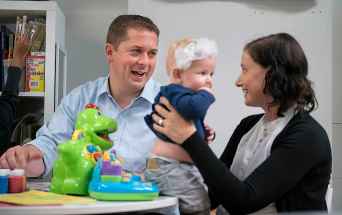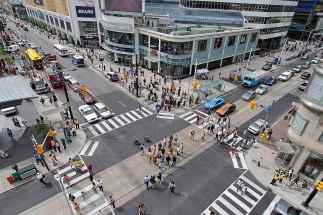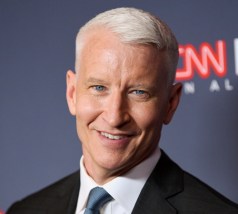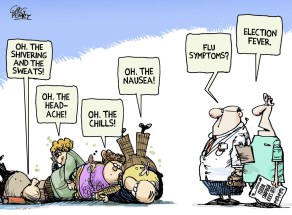Liberals ponder future without official party status
Read this article for free:
or
Already have an account? Log in here »
To continue reading, please subscribe:
Monthly Digital Subscription
$0 for the first 4 weeks*
- Enjoy unlimited reading on winnipegfreepress.com
- Read the E-Edition, our digital replica newspaper
- Access News Break, our award-winning app
- Play interactive puzzles
*No charge for 4 weeks then price increases to the regular rate of $19.00 plus GST every four weeks. Offer available to new and qualified returning subscribers only. Cancel any time.
Monthly Digital Subscription
$4.75/week*
- Enjoy unlimited reading on winnipegfreepress.com
- Read the E-Edition, our digital replica newspaper
- Access News Break, our award-winning app
- Play interactive puzzles
*Billed as $19 plus GST every four weeks. Cancel any time.
To continue reading, please subscribe:
Add Free Press access to your Brandon Sun subscription for only an additional
$1 for the first 4 weeks*
*Your next subscription payment will increase by $1.00 and you will be charged $16.99 plus GST for four weeks. After four weeks, your payment will increase to $23.99 plus GST every four weeks.
Read unlimited articles for free today:
or
Already have an account? Log in here »
Hey there, time traveller!
This article was published 12/09/2019 (2279 days ago), so information in it may no longer be current.
Two days after the provincial election results poured in, Liberal Leader Dougald Lamont is taking stock of his office that may be soon boxed away.
He has several prints hung on the walls, including a Norval Morriseau painting and a graphic collage of Canadiana by Aaron Draplin. There’s a portrait of his grandfather and former MLA, John S. Lamont, painted by his grandmother, and a newer acquisition he’s not quite as fond of — a Steven Fletcher bobblehead, which Fletcher asked his mother to give to Lamont when she packed up Fletcher’s office a few doors down the hall this summer.
The Liberals lost official party status on Tuesday night, falling from four to three seats. It means a leaner budget, fewer staff and, possibly, less office space. The government clerk hasn’t yet told the Liberals whether or where they will move.
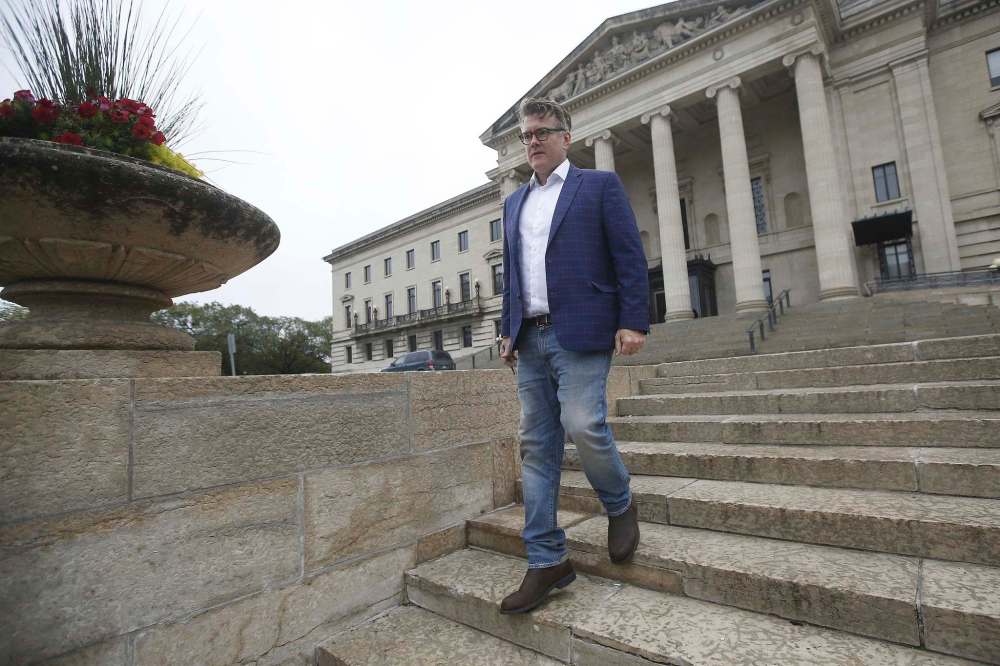
“I may be back in a washer or broom closet again, but c’est la vie,” Lamont said.
Rather than accept their lack of status, however, Lamont suggests the legislative assembly should look at rejigging its rules. He calls the four-seat number for party status “completely arbitrary” and points out that every province creates its own minimum requirement of seats. Official party status ranges from two seats in Saskatchewan, to twelve in Quebec (or 20 per cent of the popular vote).
Federal Liberals won’t be affected by provincial vote: Lamont
Manitoba Liberal Leader Dougald Lamont doesn’t think the provincial party’s election results will affect their federal counterparts’ re-election chances.
Lamont said the federal Grits benefit from “anybody but Conservative” voter mentalities, which the Manitoba NDP also try to milk provincially.
“The challenge is that there’s an extremely hostile, I’d actually even say anti-Trudeau hatred. It’s actually that bad,” Lamont said.
Manitoba Liberal Leader Dougald Lamont doesn’t think the provincial party’s election results will affect their federal counterparts’ re-election chances.
Lamont said the federal Grits benefit from “anybody but Conservative” voter mentalities, which the Manitoba NDP also try to milk provincially.
“The challenge is that there’s an extremely hostile, I’d actually even say anti-Trudeau hatred. It’s actually that bad,” Lamont said.
Whereas Trudeau’s “sunny ways” may have helped Manitoba Liberals lap up votes six months after the 2015 federal election, the provincial party struggled to differentiate itself from Ottawa this year.
Lamont said local Liberals were continuously having to explain to people at the doors they had nothing to do with Trudeau.
“People would often say, ‘Oh you’re the same,’ or ‘You take orders from them,’ or ‘You’ll have to toe the party line.’ Well, that’s not actually the case at all,” he said.
“And these are informed people. It’s just that the two parties are stuck together in peoples’ minds in a way the other parties are not.”
Manitoba voters will head to the polls again for the federal election on Oct. 21, about six weeks after the provincial election.
— Jessica Botelho-Urbanski
Lamont says the Liberals will try to “appeal the idea of what an official party is” when the legislature resumes.
“The other thing I’d like to consider is a law that makes it so you can only call a snap election if you get two thirds of the legislature to vote for it, which is what happens in England,” he said, pointing to Boris Johnson’s current Brexit predicament.
Overall, Lamont said he’s happy with the Liberals’ provincial campaign, considering they had less preparation time and a tighter budget than in 2016.
“I think there was a certain expectation of people waiting for us to fall on our face and we didn’t at all,” he said.
“We ran 57 candidates. I don’t think there were any or many – you know, there wasn’t any scandal associated with any of them. And yeah, I think we ran a very effective campaign.”
Candidate feedback has been encouraging so far, Lamont said, with many telling him they want to run again. The Liberals placed second in five races — Borderland, Dawson Trail, Fort Richmond, The Maples and Tuxedo — which will likely be larger targets for the Grits next time around.
Liberal Fort Richmond candidate Tanjit Nagra lost by 880 votes to Tory incumbent Sarah Guillemard. She’s already mulling putting her name on a ballot again.
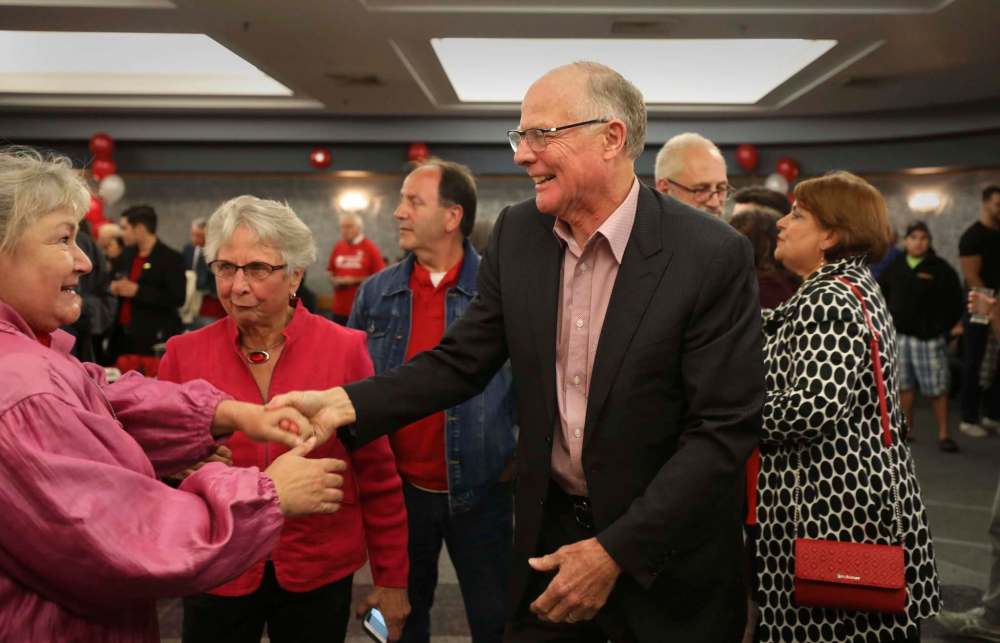
“I’m very glad I did it and definitely, I don’t think it’s the end of the road for me,” Nagra said Thursday, though she wouldn’t predict when she’d run again.
Lamont’s leadership will be reviewed by the party post-election, in keeping with the Liberals’ constitution.
Party president David Engel said the board is “certainly happy with his leadership” and membership has almost doubled since Lamont became leader in October 2017, with a lot of that growth stemming from north Winnipeg. Engel couldn’t say for sure what would happen next.
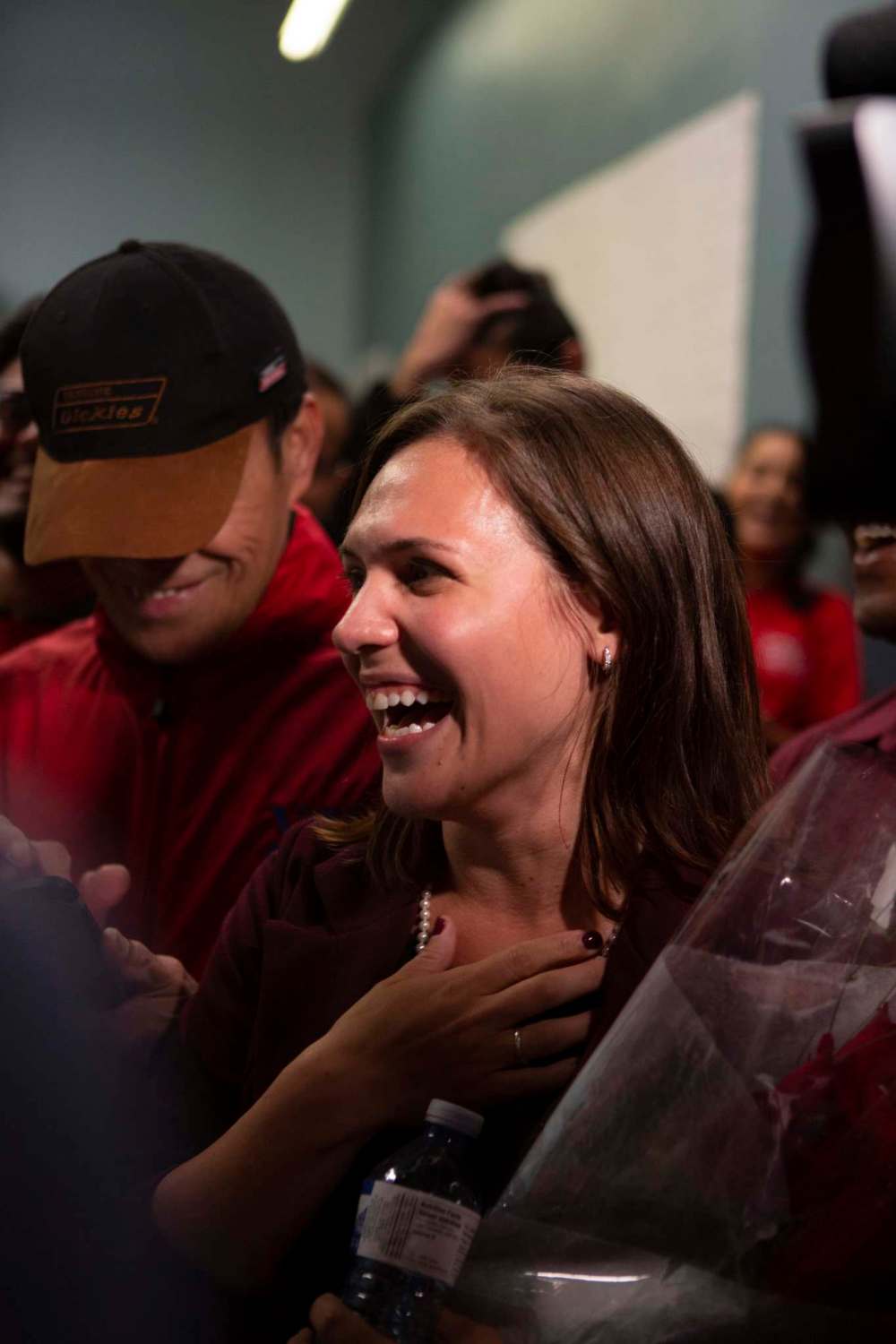
“I mean, Manitobans did say that he was their preferred leader,” he said, referring to a recent Probe Research poll where Lamont’s approval rating (42 per cent) scored slightly higher than Brian Pallister’s (40 per cent), Wab Kinew’s (41 per cent) and James Beddome’s (36 per cent).
“Maybe it didn’t reflect in which candidates they supported, but Manitobans like him as a leader and there’s no discounting that.”
As for what’s next for the three remaining Liberal MLAs — Lamont (St. Boniface), Jon Gerrard (River Heights) and Cindy Lamoureux (Tyndall Park) — Lamont said they plan to advocate for their communities as best as they can and still hold government to account.
“The difficult part about it is you want to get into politics to change things and it’s hard to change things,” he said.
“Including people’s minds.”
jessica.botelho@freepress.mb.ca
Twitter: @_jessbu


